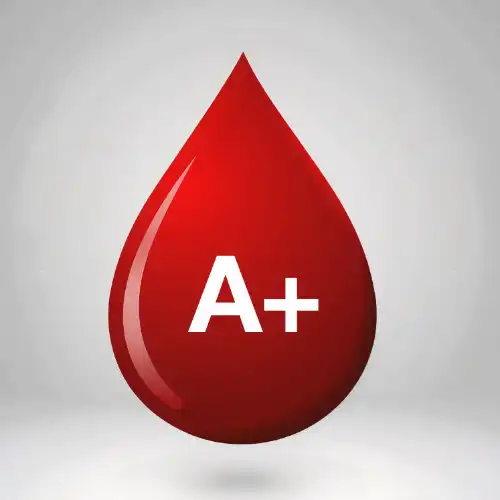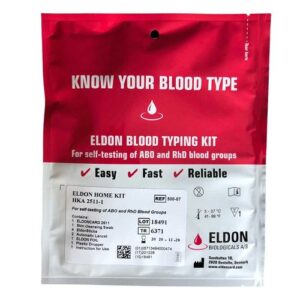Your blood type is determined by genes inherited from your parents.
In the UK, about 30% of the population has A positive blood. This makes it the second most common blood type after O positive (36%). Blood type distribution by country is not always the same. In Germany for example, the A Positive blood type is the dominant one (37%) ahead of O positive (35%). In Norway, nearly 42% of the population have the A Positive blood type.
One interesting fact about A positive blood is that it can be given to someone with A positive or AB positive blood, but cannot be given to those with O positive or B positive blood. Also, people with A positive blood have a higher chance of getting certain health problems, like heart disease and some types of cancer.
A positive blood can affect pregnancy too. If a woman with A positive blood gets pregnant with a baby who has a different blood type, like B positive or O positive, her immune system might make antibodies against the baby’s blood. This can cause a condition called haemolytic disease of the newborn where the baby’s red blood cells are destroyed. This can lead to anaemia, jaundice, and even brain damage in the baby.
Even with these possible risks, hospitals always need A positive blood donors. Giving blood can save lives and help people in need. Just one donation might help several people. So if you have A positive blood and are able to donate, consider making a life-saving contribution to your community.
Knowing Your Blood Type
Before diving into how to discover your blood type, let’s break down the eight different blood groups that make up our fascinating human blood typing system. Like pieces of a puzzle, each blood type has its own unique characteristics and compatibility rules. Here are all eight blood groups:
- A RhD positive (A+) – The second most common blood type in the UK
- A RhD negative (A-) – A less common but important variant
- B RhD positive (B+) – More prevalent in certain global populations
- B RhD negative (B-) – One of the rarer blood types
- O RhD positive (O+) – The most common blood type in the UK
- O RhD negative (O-) – The universal donor type
- AB RhD positive (AB+) – The universal recipient type
- AB RhD negative (AB-) – The rarest of all blood types
Knowing which group you belong to isn’t just interesting trivia – it’s crucial information that could save your life in an emergency. Let’s explore how you can find out your blood type.
There are lots of ways to find out your blood type and it’s vital that you know, in case of emergencies. If you don’t know your blood group, you can contact your local medical surgery or blood donation centre to make an appointment and try to find out. (Note: Your doctor may not be willing to give you a blood test when there is no medical need to carry one out.)
A home blood type test will let you know your blood type in just a few minutes. We suggest the eldon blood typing kit for this purpose.
Photo by Anthony Cunningham for Zoom Health UK
Zoom Health is a leading UK supplier of Home Health Tests and Earplugs
This post was originally published in 2015. It was last updated in January 2025.






